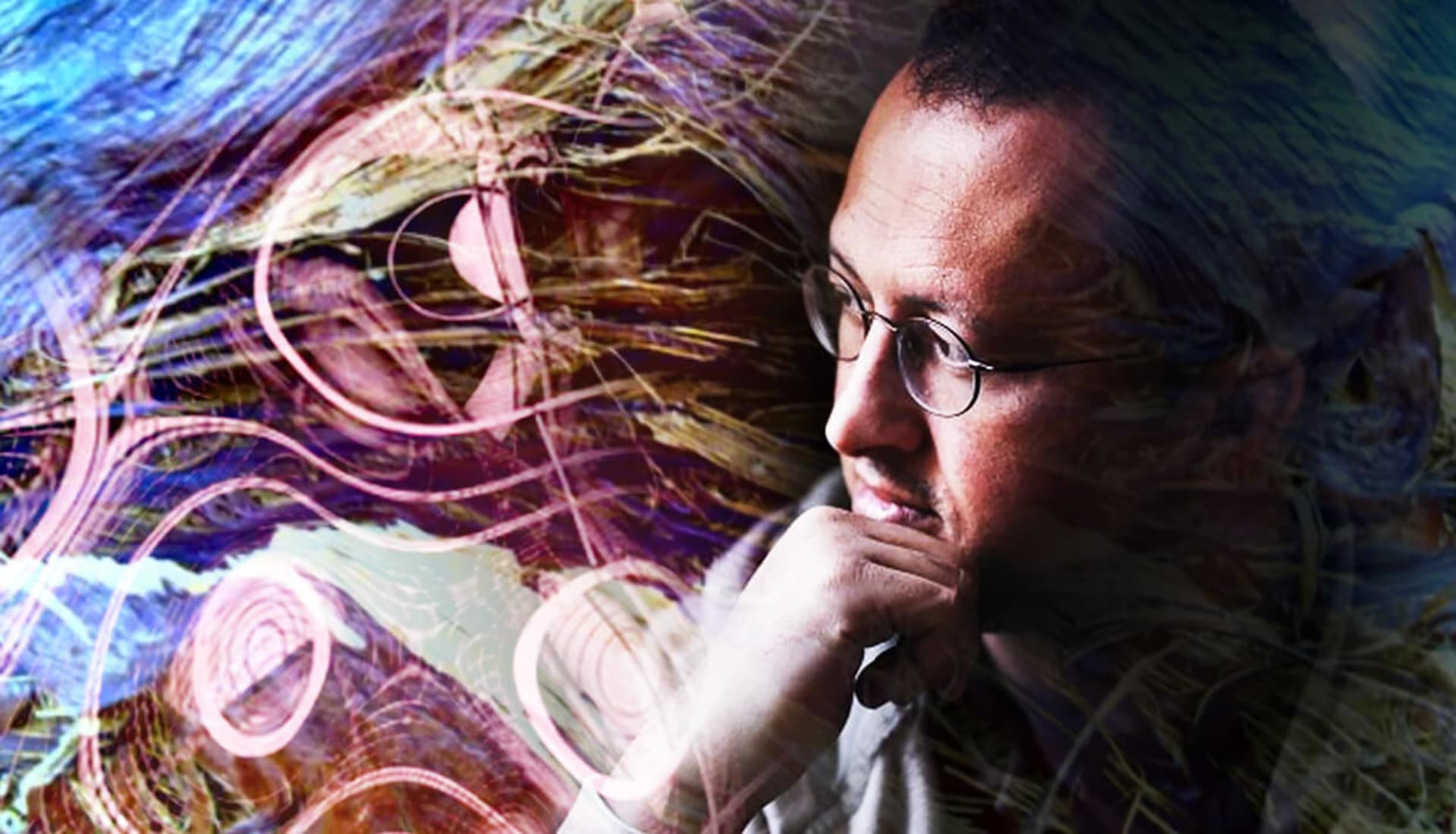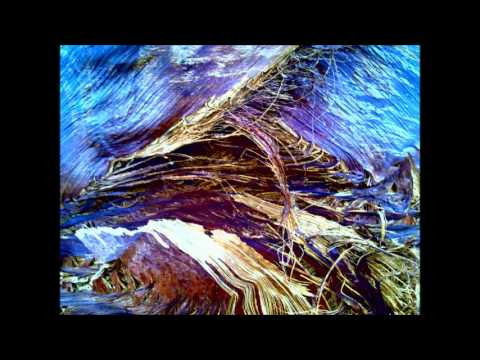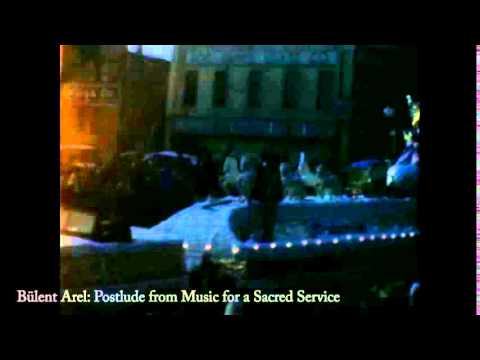
How Turkey’s Freedom Laws Affect Experimental Music
Turkey is not overcrowded with experimental musicians. I personally know and have played with most of the people featured on An Anthology Of Turkish Experimental Music 1961-2014, as well as its curators, Erdem Helvacžoglu and Batur Sönmez. Erdem and I had a duo project in the early ’00s, which was the start of my professional music career. Our first gig was at the first electronic music festival in Istanbul in March 2003, and that was the first time you could see all these great electronic musicians like Pansonic perform live in the city. A few years later I became interested in improvised music, and in 2005 we founded the free improvisational band Islak Köpek (“wet dog”) with my friend Şevket Akıncı. We had four core members playing acoustic instruments such as guitars, saxophones and effects, and I played the melodica and computer. Around 2008 we were a bit popular, because this way of making music was totally new in Turkey, so we had a lot of interviews in magazines and even a TV appearance. We also started a open stage series in Istanbul called “Improv Night” to gather likeminded musicians. It was an interesting point in my life, as I was pretty busy with music while working as a consultant during daytime. Our final concert was actually in Berlin at Radialsystem V. I think our band wrote history in a way, as we made free improvisation audible in Turkey.
When Erdem and Batur asked me to be on their compilation in 2012, it was called The Turkish Electronic Music Compilation, so all the pieces on it were electronically produced. But experimental music isn’t only about electronics, of course. The final version, An Anthology Of Turkish Experimental Music, includes two well-known and influential figures in contemporary music—İlhan Mimaroğlu and Bülent Arel—but leaves a huge gap between their work in the 1960s and other producers who became active around 2000. So it misses the electroacoustic improvisation outfit Zen, for example—perhaps because there are so few recordings by them. I’m sure some of the musicians included in this anthology, such as the great Tolga Tüzün and Alper Maral, were making experimental music in the ‘80s and ‘90s, but of course back then there was no internet and recording technology was not as portable as it is today. So if you didn’t play in public, you were basically unknown. For me it was similar; when I started in the late ‘80s I was just doing it at home with my first computer, a Commodore 64.
I like most of the tracks on the sampler-anthology. It includes a lot of different styles, from some rhythmical to more free and ambient stuff. But it’s hard for me to talk about the music on the compilation itself, mainly because I’m part of it. I can’t remember each individual piece, as experimental music like this mostly doesn’t have recognizable melodies or rhythms like in rock or pop. Rather, the sounds happen at the same time and are heavily intertwined without lead or backing instruments like a specific bass or a guitar melody and without a hierarchy—so they’re pretty free. Some of them are free in other ways. For instance, “I Want To Be A Suicide Bomber” by SIFIR is highly political. It was released in 2011 after the current political tension began.
Of course, freedom of expression is under serious threat in Turkey nowadays, so it feels good to see them included in this compilation. Freedom of speech has never really existed in Turkey; there have always been things you couldn’t speak out against. The Gezi protests [an uprising against the Turkish government in 2013] provided the opportunity for the government to limit freedoms even more. These protests and the events thereafter have affected many people, including artists living in and outside of Istanbul. Many of them were part of the uprising, and today many are either angry or depressed. Some are in prison or being prosecuted. But they still continue producing, and that’s great. Some of them are also trying to leave Turkey to work elsewhere where there’s more freedom of expression. I myself moved to Berlin in 2014. I appreciate the freedom I have here as well as the huge experimental music scene. I’ve accomplished more here in the last two years than I did in the last 11 in Istanbul. But it would be unfair to compare Berlin to Istanbul, because Berlin is now the world capital of improvised music—even compared to Paris, New York or London. I came with a freelance artist visa, and I’m now trying to bring my people from Istanbul to Berlin by providing German freelance visa guidance.
I’d like to end this by saying that it is of the utmost importance that a diverse compilation such as this one comes out of Turkey at this point in time. The whole country is going through a process that is testing our politics and culture completely. The political pieces, the abstract ones and academic ones, all form a whole that’s assembled from different textures, sounds, approaches and statements—exactly as Turkey itself has always been. Yet this compilation will most definitely stand the test of time as a significant document of what else the country has to offer.
Published February 15, 2017.


